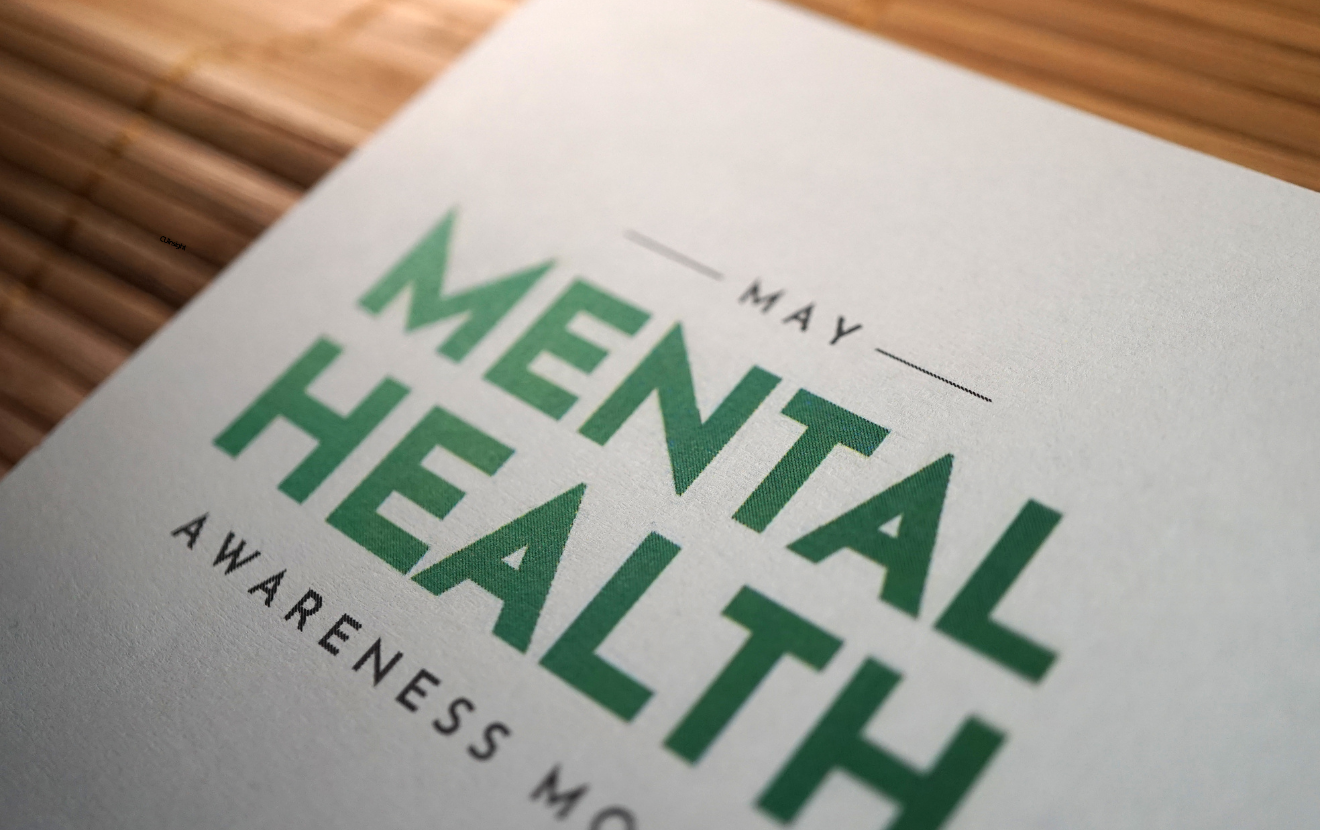Thanks to the Internet, there is no shortage of articles listing common grammar errors. Ironically, the Internet inadvertently circulates common errors, too. When credible people make common grammatical errors, their followers tend to assume the grammar is correct. The same goes for allegedly reputable news sites. The pace at which news is distributed leaves little time for proper editing, leaving many to assume commonly misused words, punctuation, and syntax are correct.
As a result, improper grammar, especially misused punctuation, has been seeping into business and education for years, making whole organizations look bad.
Do you remember the tag line for the speech improvement product Verbal Advantage, “People judge you by the words you use”? The harsh reality is that it’s true in speech and even more pronounced in the written word.
In order to avoid making common mistakes, you must be able to recognize them and understand why they are incorrect despite their common occurrence. We will examine several. Be warned: once you are aware of these errors, they will likely become pet peeves, getting under your skin like a bad tune gets stuck in your head. It’s the pain that accompanies positive growth, and it is necessary because your reputation is on the line. Below are three of the many common errors that have seeped into everyday conversation, correspondence, and composition. These can easily be corrected, helping you and your organization avoid making a poor impression.
I, Me, My
When using a personal pronoun in conjunction with another name, it is not always correct to use I. Use the pronoun I when referring to yourself as the subject of the sentence. Use me when referring to yourself as the object of the sentence. Use my to reference a possession, such as my dog. Myself is a reflexive pronoun, which is almost always the object of a sentence and usually used in the same sentence with the word I, such as, I see myself as a mentor.
The pronouns I and me are especially misused when compounded. For example, “Bob and I wanted to meet the chef” is a correct sentence. “The chef wanted to meet Bob and I” is incorrect. How can we tell? Take Bob out of the equation. You wouldn’t say “The chef wanted to meet I.” Likewise, it would be incorrect to say “Me and Bob wanted to meet the chef.” To this, many elementary school teachers would sharply quip, “Bob and I,” which is likely the reason so many adults are in the habit of saying “Bob and I” regardless whether the compound noun is the subject or object of the sentence. Remember: I = subject; me = object.
Quotations
In American English, end quotes always go outside periods and commas. It’s an aesthetic thing. The rules are slightly different in British English, which is likely why we see so many inconsistencies online and even in our schools.
Here are examples of proper American English:
His favorite song is “Yesterday,” by the Beatles.
He said, “I like The Beatles.”
He said, “My favorite song is ‘Yesterday.’”
The rule for using quotation marks within a question is the same for both American and British English. End quotes go outside question marks when the entire question is being quoted but inside the question mark when only the words within the question are being quoted. For example:
Do you like the song “Yesterday”?
He asked, “Do you like the Beatles?”
Dash
Although dashes have become more commonplace, their usage is inconsistent and often unnecessary, overused, or incorrectly used. The dash’s purpose is to make a part of a sentence stand out. Dashes are not hyphens. Named for the length of the typeface n and m, they are two and three times, respectively, the length of hyphens. Here are some dos and don’ts regarding the dash:
- Do NOT use a dash when a comma will suffice.
- Do use an em dash to indicate a break in train of thought within a sentence.
- Do use an em dash when commas or parentheses would not make sense.
- Do use an en dash to replace “to” when indicating a range, such as “Pages 4–13” or “September 5–8.”
- Do NOT put spaces on either side of an en or em dash.
(Some grammar reference guides disagree with this point. Isn’t the English language wonderful?)
The Chicago Manual of Style offers a clear explanation of the proper use of dashes and hyphens.
There is no shortage of grammar reference guides online. My favorite is GrammarBook.com. Whether you are a seasoned or novice writer, you will benefit from the refreshers offered through the site’s free weekly newsletter.
Writing is a process. Continual edification is part of the process. Like speaking, it is easy to fall into colloquial habits—which is fine in casual communication but awkward in professional settings. Avoid the pitfall and enhance your reputation.







